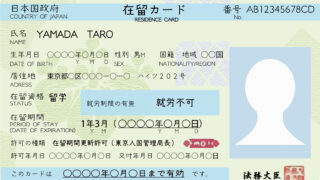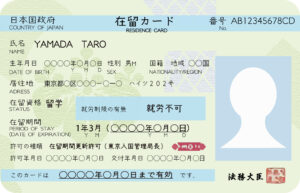What is Inheritance by Representation ?
Inheritance by Representation (known in Japan as Daishu Sōzoku) is a legal system where, at the time of an inheritance, the children or other descendants of an intended heir take their place as heirs when the original heir is unable to inherit the estate due to reasons such as prior death.
This representative inheritance is not limited to cases where the original heir is deceased. It also occurs when the original heir has been legally disqualified from inheritance or judicially disinherited.
However, if an original heir voluntarily renounces the inheritance, inheritance by representation does not occur. This is because a person who renounces an inheritance is legally treated as if they were never an heir from the beginning.
The scope of inheritance by representation depends on the original heir's relationship to the deceased:
If the original heir was the deceased person's child, the right to inherit passes down through the direct line of descendants (grandchildren, great-grandchildren, and so on).
If the original heir was the deceased person's sibling, the right to inherit is limited to the sibling's children (i.e., the deceased's nieces and nephews). The right will not pass further down to the sibling's grandchildren.
投稿者プロフィール

最新の投稿
 Permanent Resident01/12/2026Special Exceptions to the "10-Year Residency Rule" for Permanent Resident Applications
Permanent Resident01/12/2026Special Exceptions to the "10-Year Residency Rule" for Permanent Resident Applications Information01/05/2026New Year's Greetings
Information01/05/2026New Year's Greetings Highly Skilled Professional12/22/2025Changing Jobs as a Holder of the "Highly Skilled Professional" Status of Residence
Highly Skilled Professional12/22/2025Changing Jobs as a Holder of the "Highly Skilled Professional" Status of Residence Student12/15/2025Changing from "Student" Status of Residence to a Work Status starting in April
Student12/15/2025Changing from "Student" Status of Residence to a Work Status starting in April

